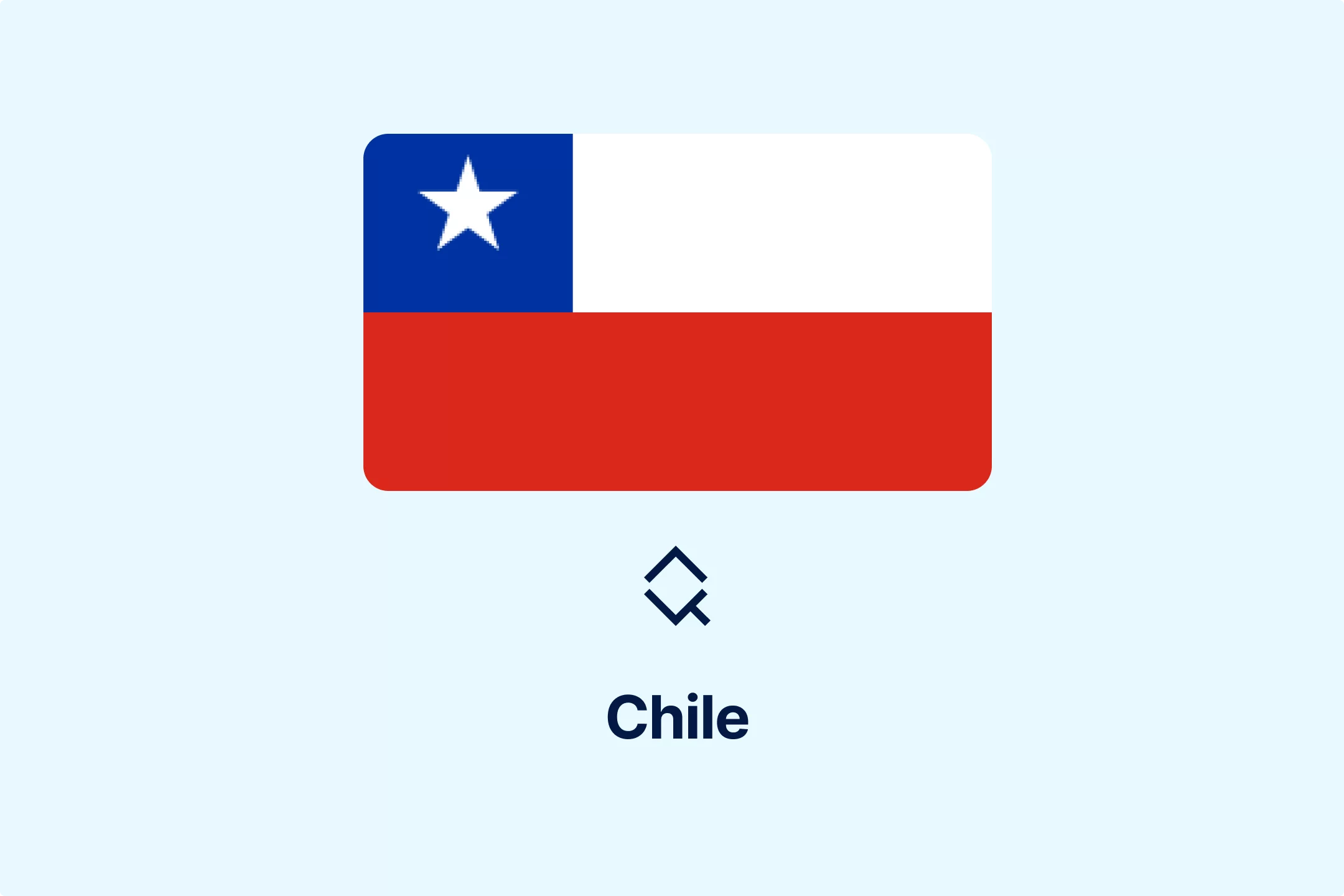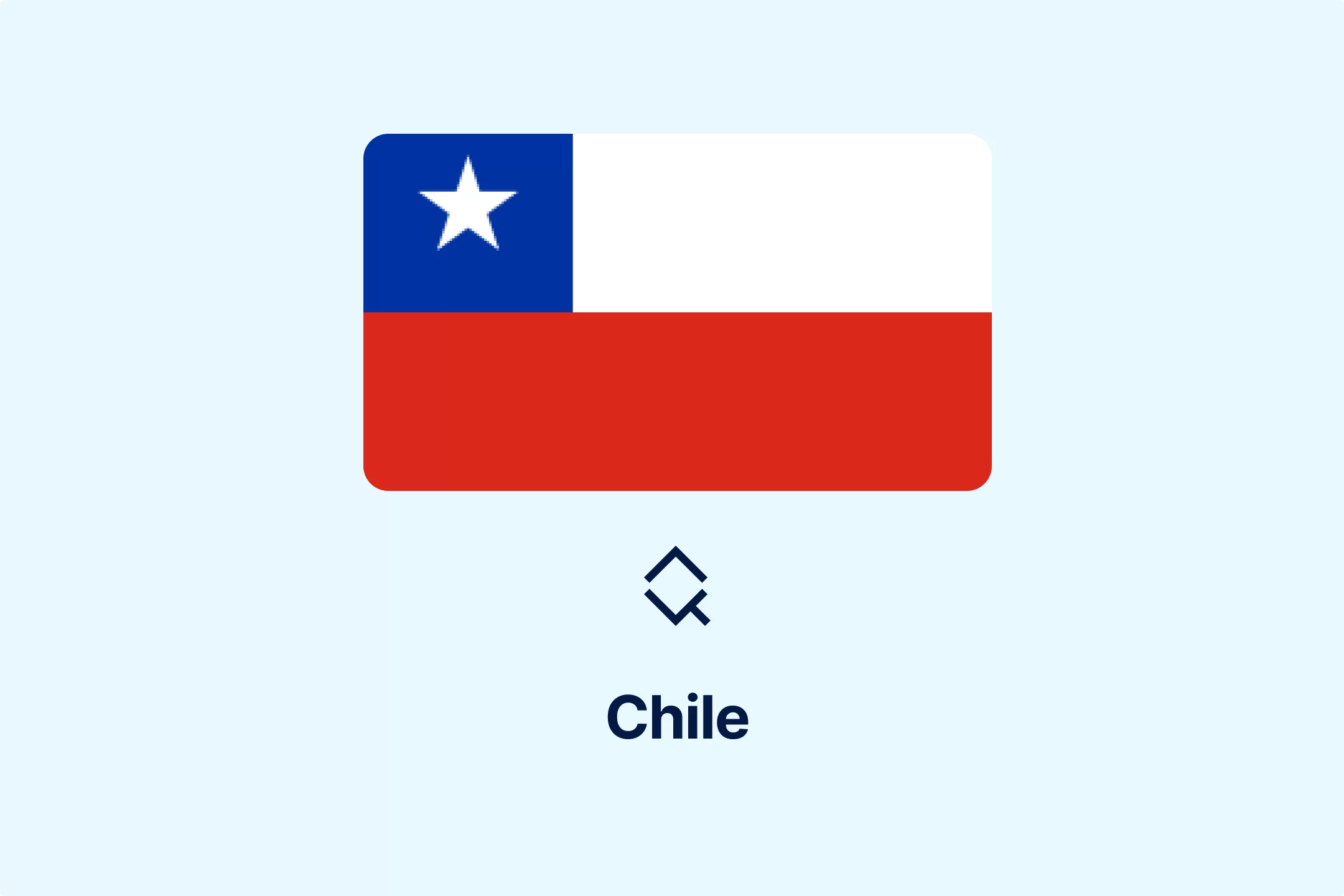Chile Expands VAT Rules for Digital Platforms in 2025

In recent years, Chilean VAT rules and regulations have undergone several amendments and changes. These changes included the introduction of an obligation for non-resident digital services providers to charge and remit VAT, as well as broadening the VAT base to include more services.
Following last year's announcement that remote sellers and platforms would have to register for VAT through a simplified regime, the Chilean government released a resolution that establishes a procedure for non-resident digital platforms to register under this regime.
Registering Under the Simplified VAT Regime
In July 2025, Chile’s Tax Authority issued a resolution that followed the enactment of the law, which expanded Chile's VAT framework for the digital economy. While the previously adopted and implemented rules were limited to digital service providers, the new rules now also apply to digital platforms and marketplaces that facilitate the international sale of low-value tangible goods to Chilean consumers.
Under the resolution, goods worth less than USD 500 purchased through such platforms are subject to a 19% VAT through the simplified regime and will not be liable for additional import VAT or customs duties. Furthermore, the resolution eliminates the existing de minimis exemption that excluded imports under USD 41 from VAT and duties, signaling a stricter regulatory environment for cross-border e-commerce.
Foreign sellers of low-value goods to Chilean consumers who are not VAT taxable persons, digital platforms operators that facilitate such transactions, businesses involved in redelivering or drop-shipping on behalf of Chilean consumers, and any other intermediaries enabling remote sales to Chilean consumers are required to register for VAT under a simplified regime.
The registration process must be completed electronically, through the Chilean Tax Authority’s Digital VAT Portal. Although the resolution comes into effect on October 25, 2025, early voluntary registration is allowed starting August 1, 2025.
Conclusion
International businesses engaged in e-commerce and digital sales, as well as digital platform operators offering and selling goods and services to Chilean consumers, must determine if they fall under the new rules. If the answer is positive, these businesses should take prompt steps to register, update their systems for VAT collection and invoicing, and comply with any associated reporting requirements.

Featured Insights

Burkina Faso FEC E-Invoicing Mandatory July 2026
🕝 February 24, 2026More News from Chile
Get real-time updates and developments from around the world, keeping you informed and prepared.
-e9lcpxl5nq.webp)





-sebuexzucq.webp)
-gsvc6ack9u.webp)

-8bkw2pujxu.webp)

